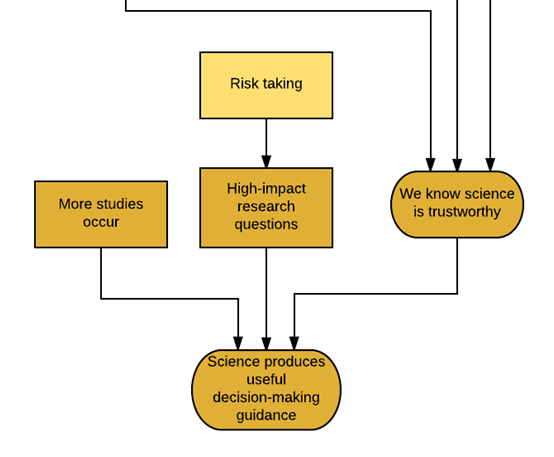Effective Altruism is philosophically pluralistic, but has certain close ties with utilitarianism and the greatest happiness principle. Here, HEA member Stephen Casper discusses his personal take on the philosophy behind equality and aggregation.
Read MoreWhile Effective Altruism is not defined by utilitarianism, there is a great deal of overlap. Check out HEA member, Stephen Casper’s blog post on utilitarianism.
Read MoreIn this report, we evaluated interventions to combat the growing opioid epidemic in the United States. We developed a methodology for evaluating interventions based on 3 key criteria: evidence, cost-effectiveness, and scalability. We also created a scoring rubric to simplify our conclusions on the strength of the interventions in each of these 3 areas. We looked at interventions in 5 broad problem areas: pain treatment, opioid supply, addiction treatment, access/referral to treatment, and harm reduction.
Read MoreWe ought to consider an entity’s right to wellbeing not exclusively on the basis of its individual characteristics, like ability to feel pain, but also on its attributes relative to other beings".
Read MoreWe must consider the background factors that influence every decision.
Read MoreI can’t say here was ever really an “ah-ha” moment, rather, there was a causal and gradual change of sentiment.
Read MoreAlthough much of EA is based on a calculation as it applies to the general population and the general good, there are times that EA decisions have to be made and understood in the context of the individual.
Read MoreJoshua Greene is a professor in the Harvard Department of Psychology where he runs the Moral Cognition Lab. He received his bachelor’s degree from Harvard and then a PhD in philosophy at Princeton where he was mentored by many bright lights of analytical philosophy, including Peter Singer, who served on his committee. After doing a post-doc in a a cognitive neuroscience lab, Greene returned to Harvard to begin his own lab, the Moral Cognition Lab, which studies both descriptive and normative psychology and philosophy.
Read MoreWhat can universities do to empower student change-makers to address major global challenges? In this report, we develop the outline of a program that can deliver tools to students change-makers through different channels, including a full syllabus for a course on Effective Altruism.
Read MoreWe analyzed climate change from a high-level perspective, exploring various potential philanthropic interventions: Direct emissions reductions, adaptation, R&D, advocacy/litigation, and climate finance. We recommend fighting coal power in asia, building capacity in the US at local levels, and investing in innovative climate finance models.
Read MoreIn this report, we considered four broad interventions: post-publication peer review, quantitative metrics for transparency (e.g. “transparency index”), tenure criteria, and characterizing dependency relationships between pieces of research. All of these categories can be implemented in different ways, and can improve reproducibility through multiple channels.
Read MoreThis Philanthropy Advisory Fellowship report identified innovative approaches and organizations in the Water, Sanitation, and Hygiene (WaSH) space. This research was conducted on behalf of PAF client Draper Richards Kaplan Foundation, combining scientific evidence on the most effective approaches with the unique demands of the client's venture philanthropy model.
Read MoreAlthough traditionally mental health has not been considered an immediate cause for concern in Sub-Saharan Africa, it is increasingly receiving more attention as the extent in which people suffer from various disorders has become apparent. Within this report, our team seeks to quantify and analyze the burden of mental health disorders in the region, estimate the cost-effectiveness of various interventions, recommend local organizations that are taking a scientifically-sound, scalable approach, and recommend promising research opportunities to develop new, highly cost-effective and scalable interventions.
Read More










